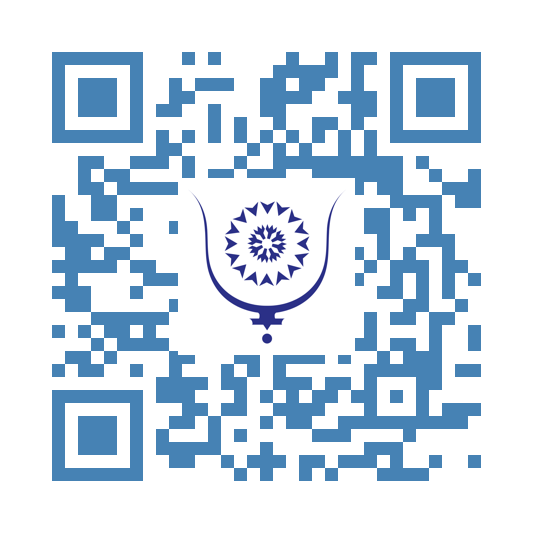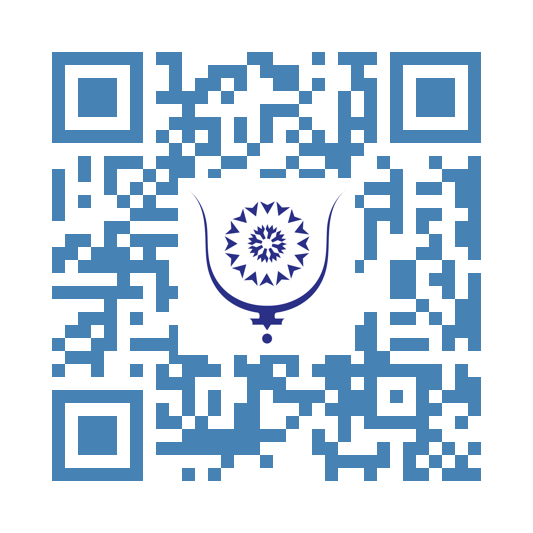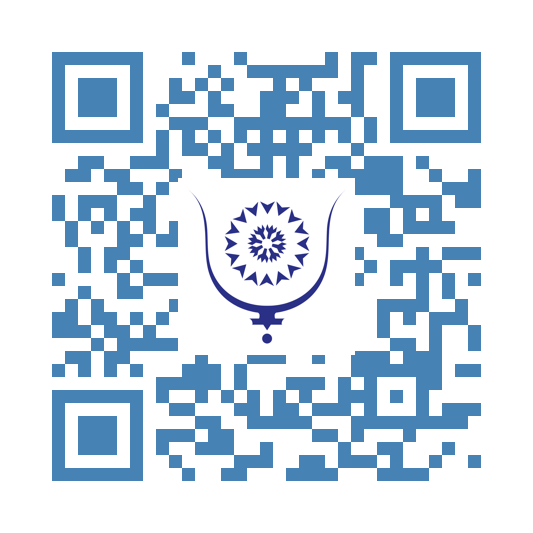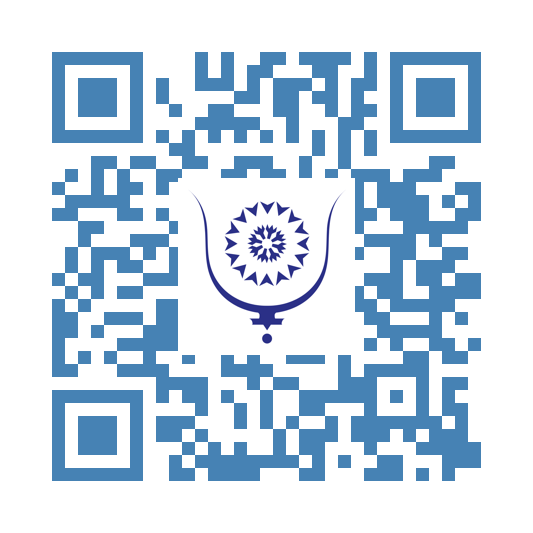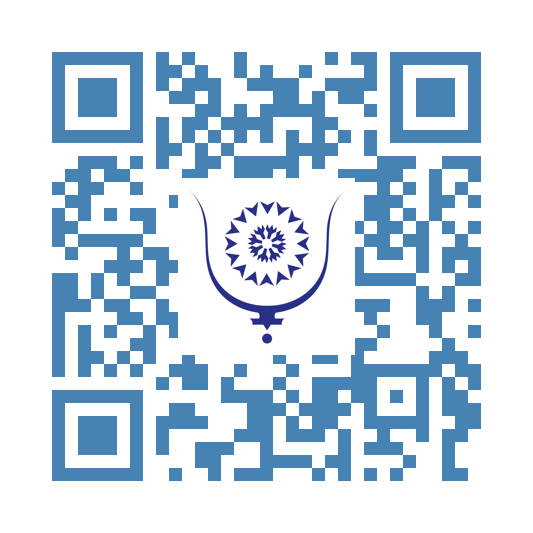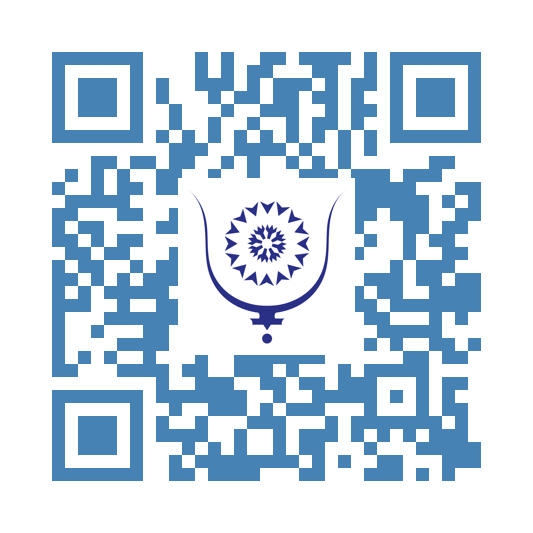Join Bluwr’s private Discord for fast, honest feedback. Whether you’re sharing your first draft or looking to scale your following, get support tailored to your goals.

Mistakes People Make When Bitten by Snakes & Correct Actions to Take 6176
All African Games: A third magnificent day of athletics 5769
What is the most expensive liquid on Earth? 6385
13th Accra African Games, Athletics at a top level ... 5833
Athletics puts the 13th All African Games in orbit... 5658
Digital: The perfect undying art 6722
Beyond Good and Evil 6337
The Coolest Team-Up: AI and Venom Research 6178
We cannot guarantee what's on the other side of this link:
https://www.sciencedirect.com/science/article/pii/S2590098623000258
Learning Chemistry with Interactive Simulations: Augmented Reality as Teaching Aid 5918
We cannot guarantee what's on the other side of this link:
Decoding Performance: The Brain of Professional Soccer Players and Stress 6300
AI+Health: An Undelivered Promise 6702
What Happens If You Swallow Snake Venom? 6090
We cannot guarantee what's on the other side of this link:
https://www.sciencedirect.com/science/article/pii/S2590098623000258?via%3Dihub
Mustapha Guiliz: The door ajar... 6557
We cannot guarantee what's on the other side of this link:
https://www.laverite.ma/les-hommes-de-la-nuit-de-mustapha-guiliz-aux-editions-orion/
El Salvador: The most important country you barely hear about 6763
A CROOKED TALE 6695
We cannot guarantee what's on the other side of this link:
Track and Field, the most representative sport on the African continent 6502
We cannot guarantee what's on the other side of this link:
Abdou Cherif left, carried by his voice towards the heavens. 7340
We cannot guarantee what's on the other side of this link:
Applied Machine Learning Africa! 7099
We cannot guarantee what's on the other side of this link:
GenZ: The Fiscally Aware Generation 7484
Understanding the Complex Adoption Behavior of Augmented Reality in Education Based on Complexity Theory: a Fuzzy Set Qualitative Comparative Analysis (fsQCA) 6753
We cannot guarantee what's on the other side of this link:
whey protein 7067
The 19th edition of Athletics World Indoors in Glasgow presentation... 6789
6th African Crosscountry Championships, Hammamet Tunisia 25th Feb 2024 7336
6th African Crosscountry Championships, Hammamet Tunisia 25th Feb 2024 6760
XR Voice (Moroccan Dialectal) 7239
We cannot guarantee what's on the other side of this link:
https://youtube.com/playlist?list=PLrJJiKRlvR9mzYbAbGjO8ExvBIJajZP8C&feature=shared
Life is in the blood. 7300
A new version with minor updates. 6858
The Impact of Big Five Personality Traits on Augmented Reality Acceptance Behavior: An Investigation in the Tourism Field 7007
We cannot guarantee what's on the other side of this link:
Reshaping Sport with Extended Reality in an Era of Metaverse: Insights from XR the Moroccan Association Experts 6599
We cannot guarantee what's on the other side of this link:
[Short Stories #3] Awaiting You 7394
We cannot guarantee what's on the other side of this link:
https://drive.google.com/file/d/1Bvk_tj9CkBgxtCfF2s2sSs6cHyPyoIZl/view?usp=drive_link
